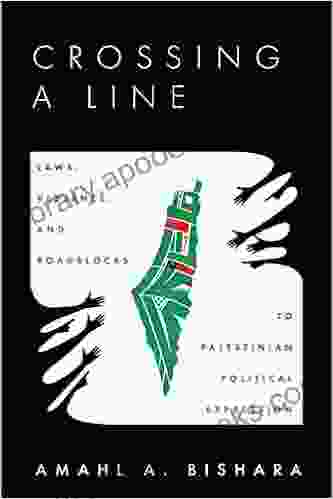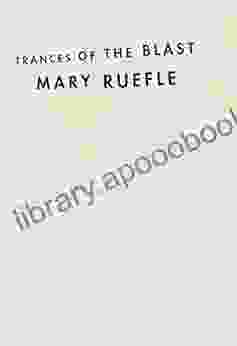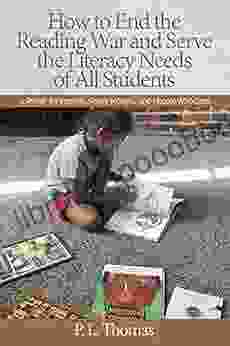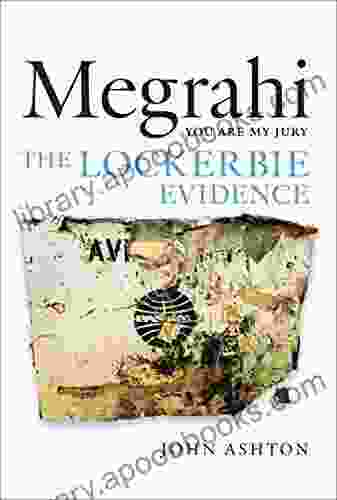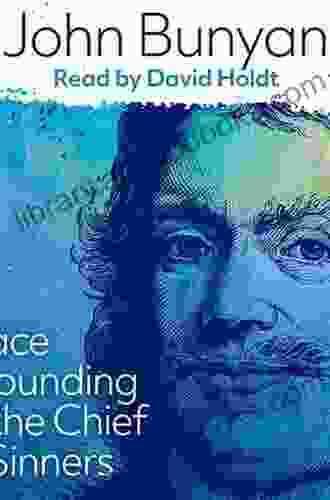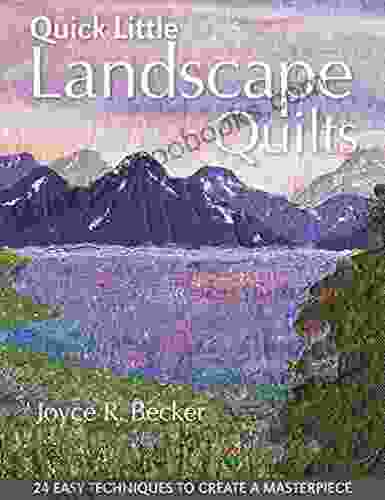Laws, Violence, and Roadblocks to Palestinian Political Expression

In the heart of the Middle East, where history's complexities intertwine with contemporary struggles, the Palestinian people endure an ongoing battle for their fundamental rights. Among these rights, political expression stands as a cornerstone of human dignity and a catalyst for social transformation. Yet, in the face of systemic oppression, Palestinian voices are often stifled, and their aspirations for a just future are met with formidable barriers.
This article delves into the intricate web of laws, violence, and roadblocks that obstruct Palestinian political expression. Drawing upon meticulous research and firsthand accounts, we will unveil the oppressive reality faced by Palestinians as they navigate the treacherous terrain of political engagement.
4.5 out of 5
| Language | : | English |
| File size | : | 24800 KB |
| Text-to-Speech | : | Enabled |
| Screen Reader | : | Supported |
| Enhanced typesetting | : | Enabled |
| Word Wise | : | Enabled |
| Print length | : | 350 pages |
Legal Constraints: A Stifling Embrace
At the heart of the Palestinian struggle for political expression lies a labyrinth of laws and regulations that serve to suppress dissent and criminalize activism. These laws, often rooted in colonial-era mandates, grant Israeli authorities sweeping powers to detain, prosecute, and sentence Palestinians who dare to challenge the status quo.
One such law, known as the "Nakba Law," prohibits any commemoration of the displacement of Palestinians during the 1948 Arab-Israeli war. This law effectively erases a pivotal chapter in Palestinian history, suffocating collective memory and hindering efforts to seek justice for past atrocities.
Violent Suppression: A Brutal Reality
The Israeli military and security forces employ a wide range of violent tactics to quell Palestinian political expression. Peaceful protests are often met with excessive force, including the use of tear gas, rubber bullets, and live ammunition. Arbitrary arrests and detention without trial are rampant, targeting activists, journalists, and human rights defenders.
In recent years, the Israeli government has ramped up its surveillance and harassment of Palestinian civil society organizations. Many of these organizations have been designated as "terrorist entities," a label that carries severe consequences for their staff and members.
Roadblocks: Isolating and Silencing
Palestinians face a myriad of physical barriers that hinder their ability to participate in political activities. Checkpoints and roadblocks proliferate throughout the occupied territories, fragmenting communities and restricting movement. Travel permits are often denied, preventing Palestinians from attending political gatherings or engaging with the outside world.
The construction of Israel's separation barrier—a massive concrete wall—further isolates Palestinian communities from one another and from their land. This barrier not only impedes physical movement but also serves as a potent symbol of the political divide that separates Palestinians from their aspirations.
Consequences: A Stifled Voice, A Suppressed Struggle
The cumulative impact of these laws, violence, and roadblocks has a profound effect on Palestinian political expression. Activists and organizers live under constant threat of arrest, imprisonment, or physical harm. Fear and self-censorship permeate society, chilling dissent and stifling the free flow of ideas.
The suppression of Palestinian political expression has far-reaching consequences for the peace process and the prospect of a just resolution to the conflict. By silencing Palestinian voices, Israel undermines the possibility of meaningful dialogue and reconciliation.
Challenging the Barriers: A Resolute Resistance
Despite the formidable challenges they face, Palestinians have consistently defied the forces of oppression. Grassroots movements, civil society organizations, and international solidarity groups continue to advocate for Palestinian rights and challenge the status quo.
Nonviolent resistance has emerged as a powerful tool in the Palestinian struggle. Protests, boycotts, and other forms of civil disobedience have garnered international attention and raised awareness about the ongoing human rights violations.
Technology has also played a significant role in empowering Palestinian voices and circumventing censorship. Social media platforms have become a vital space for Palestinians to share their stories, mobilize support, and expose the realities of their daily lives.
International Responsibility: A Moral Imperative
The international community has a moral and legal obligation to support Palestinian political expression and challenge the systemic barriers that obstruct it. States must demand an end to Israeli violations of human rights and hold Israel accountable for its actions.
International human rights organizations play a crucial role in documenting and exposing Israeli abuses. By raising awareness and advocating for Palestinian rights, these organizations provide a vital lifeline for the Palestinian struggle.
The suppression of Palestinian political expression is a grave injustice that undermines the fundamental principles of human rights and democracy. The laws, violence, and roadblocks that obstruct Palestinian voices must be dismantled if there is to be any hope for a just and lasting peace.
By shedding light on the oppressive reality faced by Palestinians, this article serves as a call to action. We must amplify Palestinian voices, challenge the forces of oppression, and demand that the international community fulfill its moral and legal obligations.
Only through a concerted effort to remove the barriers to Palestinian political expression can we create a space for genuine dialogue, reconciliation, and a future where all voices are heard and respected.
4.5 out of 5
| Language | : | English |
| File size | : | 24800 KB |
| Text-to-Speech | : | Enabled |
| Screen Reader | : | Supported |
| Enhanced typesetting | : | Enabled |
| Word Wise | : | Enabled |
| Print length | : | 350 pages |
Do you want to contribute by writing guest posts on this blog?
Please contact us and send us a resume of previous articles that you have written.
 Book
Book Novel
Novel Page
Page Chapter
Chapter Text
Text Story
Story Genre
Genre Reader
Reader Library
Library Paperback
Paperback E-book
E-book Magazine
Magazine Newspaper
Newspaper Paragraph
Paragraph Sentence
Sentence Bookmark
Bookmark Shelf
Shelf Glossary
Glossary Bibliography
Bibliography Foreword
Foreword Preface
Preface Synopsis
Synopsis Annotation
Annotation Footnote
Footnote Manuscript
Manuscript Scroll
Scroll Codex
Codex Tome
Tome Bestseller
Bestseller Classics
Classics Library card
Library card Narrative
Narrative Biography
Biography Autobiography
Autobiography Memoir
Memoir Reference
Reference Encyclopedia
Encyclopedia The Moth
The Moth John Erskine
John Erskine John David Krygelski
John David Krygelski Jorge Bendersky
Jorge Bendersky John Jung
John Jung John Shallman
John Shallman Scott Lobdell
Scott Lobdell Jonathan Pongratz
Jonathan Pongratz Rachel Grant
Rachel Grant John Sneeden
John Sneeden Mac Fortner
Mac Fortner John Rotondi
John Rotondi Joseph Di Prisco
Joseph Di Prisco Jonathan Martin
Jonathan Martin Lisa Boyer
Lisa Boyer Judith Carter
Judith Carter Johnny Marr
Johnny Marr Lynn F Buzhardt
Lynn F Buzhardt Jt Gregory
Jt Gregory John A Williams
John A Williams
Light bulbAdvertise smarter! Our strategic ad space ensures maximum exposure. Reserve your spot today!
 Rod WardFollow ·9.1k
Rod WardFollow ·9.1k Michael SimmonsFollow ·16.9k
Michael SimmonsFollow ·16.9k Devin CoxFollow ·3.5k
Devin CoxFollow ·3.5k Abe MitchellFollow ·19.1k
Abe MitchellFollow ·19.1k Spencer PowellFollow ·3.1k
Spencer PowellFollow ·3.1k Deion SimmonsFollow ·2.5k
Deion SimmonsFollow ·2.5k Gabriel MistralFollow ·8.5k
Gabriel MistralFollow ·8.5k Ben HayesFollow ·5.4k
Ben HayesFollow ·5.4k

 Tyler Nelson
Tyler NelsonHer Dragon to Slay: Embark on an Epic Journey of...
In a realm where shadows dance and legends...
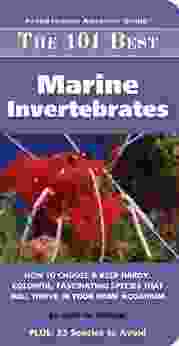
 Zachary Cox
Zachary Cox101 Best Marine Invertebrates: The Adventurous Aquarist's...
Unveiling the Enchanting Realm...

 William Wordsworth
William WordsworthHer Dragon Fire: Unleash the Power Within Your Soul
Embark on an...
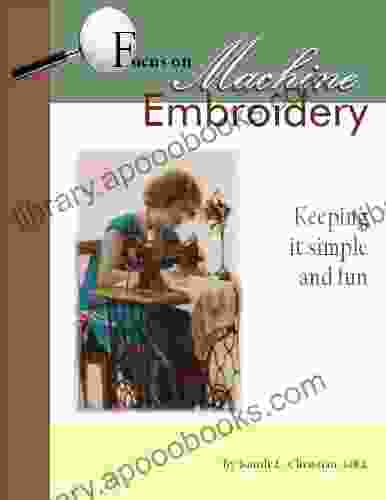
 William Powell
William PowellUnveiling the Enchanting World of Machine Embroidery with...
Embroidery, an ancient art form that has...

 Will Ward
Will WardGolden Fire Clan Dragon Guard: A Journey into a Realm of...
Prepare to be...

 Gustavo Cox
Gustavo CoxProject Ideas to Elevate Your Hobbies and Flourish Your...
<p>Welcome to the ultimate guide to...
4.5 out of 5
| Language | : | English |
| File size | : | 24800 KB |
| Text-to-Speech | : | Enabled |
| Screen Reader | : | Supported |
| Enhanced typesetting | : | Enabled |
| Word Wise | : | Enabled |
| Print length | : | 350 pages |


